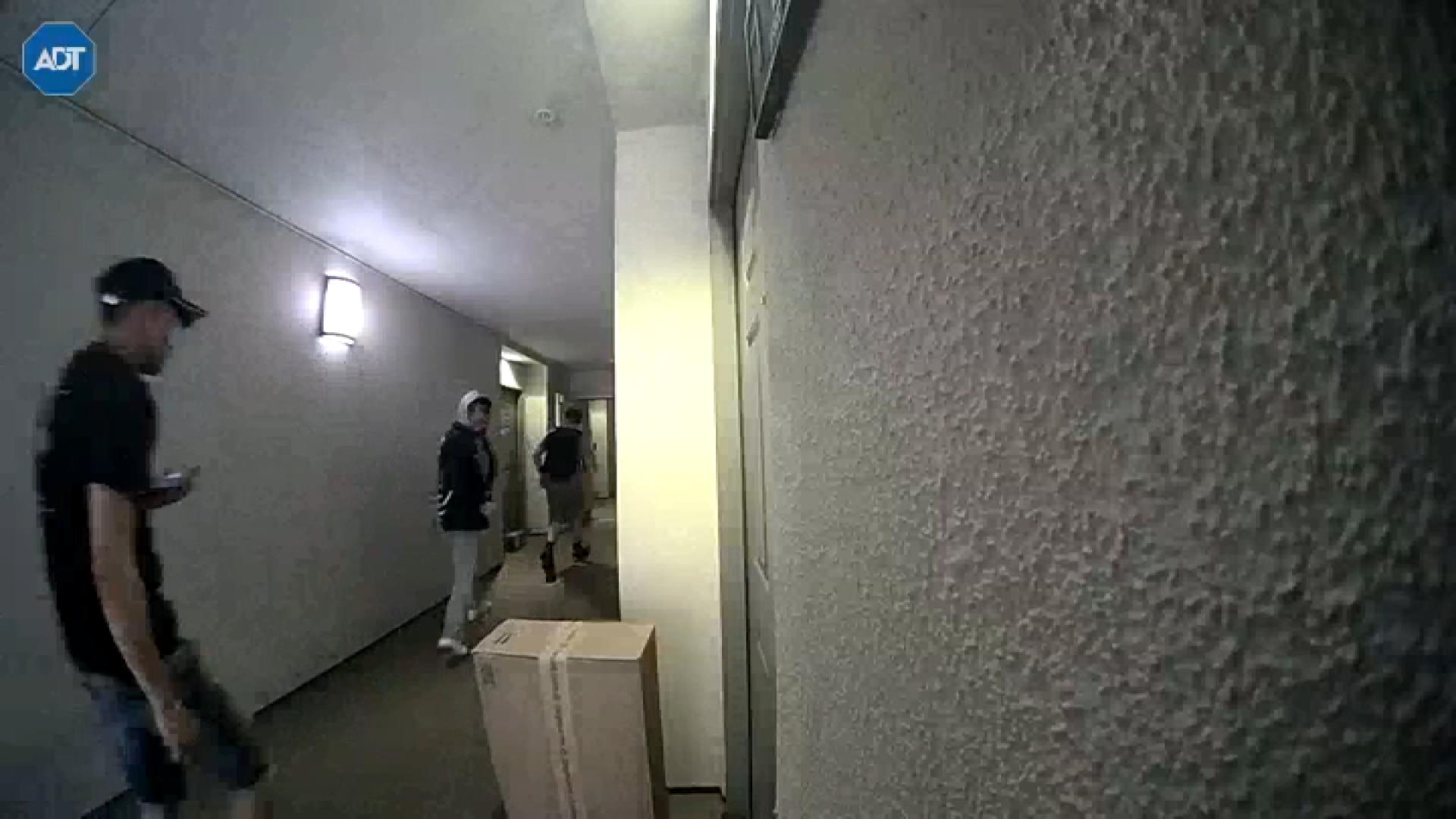Los Angeles police and the L.A. County District Attorney's Office are investigating allegations that an 8-year-old boy who became trapped in a washing machine was given a fatal dose of an opioid four years ago to hasten his death and increase the likelihood his organs could be harvested, it was reported Monday.
By the time Cole Hartman arrived at Ronald Reagan UCLA Medical Center, he was in grave condition, having gone into cardiac arrest after nearly drowning in a washing machine at his Castaic home, the Los Angeles Times reported this morning.
Physicians at UCLA's pediatric intensive care unit told Cole's family that the child was not brain-dead but "would never recover normal neuro function and ... could never awaken," according to an entry in his medical chart.
The Hartmans decided to take Cole off life support and donate his organs. He was removed from the ventilator and, 23 minutes later with his family at his bedside, pronounced dead by an anesthesiologist.
The seemingly peaceful death four years ago is now the subject of an investigation by the LAPD and the district attorney's office, according to The Times. Homicide detectives are looking into an allegation by a coroner's investigator that the anesthesiologist gave Cole a fatal dose of the opioid fentanyl to hasten his death and increase the likelihood his organs could be harvested. No charges have been brought.
A lawyer for the anesthesiologist, Dr. Judith Brill, said the allegation was "factually wrong and patently offensive."
Brill's "only concern was to assure that this child, who had drowned and was never going to recover, would not suffer any pain following the removal of life support," attorney Mark Werksman wrote in an email to The Times.
News
Top news of the day
The probe is one of only a handful of known criminal investigations into a doctor's role in an organ donation.
"As you can imagine, this is very complicated," LAPD Capt. William Hayes, who oversees the elite Robbery-Homicide Division, which is conducting the investigation, told The Times."We need to clearly understand what was done and the implications of those actions."
Detectives opened the case earlier this year. Denise Bertone, a veteran coroner's investigator who specializes in child deaths, first flagged the use of fentanyl at the time of Cole's 2013 autopsy and campaigned for years to persuade supervisors to reexamine the case, The Times reported.
Her efforts resulted in the coroner's office amending Cole's death certificate in December to add fentanyl toxicity as a "significant cause" of his death.



